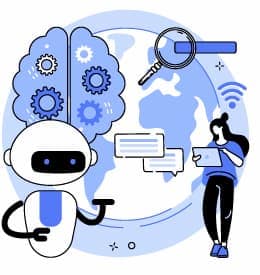In the evolution of digital businesses, many complicated factors exist. However, could be highlighted two concepts: The first is the impact of technology on the industry, and the second is the importance of culture for the survival and flourishing of a company.
The second point is easier to answer once you think about where a company has been, how it used to be, and how it was possible before the digital age (as well as its current state). Can you imagine if Apple had launched its first product after the death of Steve Jobs? Or the products developed by IBM before its agreements with Bill Gates? The moment and place you find yourself while your company evolves positively or negatively affects its development.
In short: today's digital businesses can essentially be divided into three categories:
The three groups naturally point in different directions due to their different histories. Still, they share a common trait: they tend to have a different mindset than startups (which usually lack a previous record). However, whatever the category, it is essential that they are all moving towards automation. And automation doesn't just mean robots. It includes artificial intelligence, where algorithms develop themselves thanks to evolution and continuous learning. We see this trend emerging especially in industries like finance (where computerized business algorithms have replaced human analysts), entertainment (where machine learning algorithms teach humans how to make better music), manufacturing (where machines develop themselves through trial and error), retail (where machine learning algorithms create better customer service).





